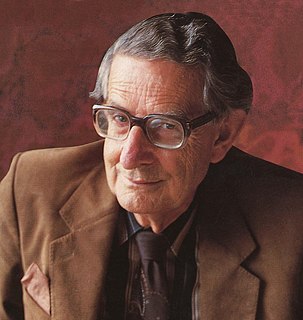A Quote by Albert Bandura
When experience contradicts firmly held judgments of self-efficacy, people may not change their beliefs about themselves if the conditions of performance are such as to lead them to discount the import of the experience
Related Quotes
The romantic view of the natural world as a blissful Eden is only held by people who have no actual experience of nature. People who live in nature are not romantic about it at all. They may hold spiritual beliefs about the world around them, they may have a sense of the unity of nature or the aliveness of all things, but they still kill the animals and uproot the plants in order to eat, to live. If they don't, they will die.
Convictions that outcomes are determined by one's own actions can be either demoralizing or heartening, depending on the level of self-judged efficacy. People who regard outcomes as personally determined, but who lack the requisite skills, would experience low self-efficacy and view the activities with a sense of futility
Expected outcomes contribute to motivation independently of self-efficacy beliefs when outcomes are not completely controlled by quality of performance. This occurs when extraneous factors also affect outcomes, or outcomes are socially tied to a minimum level of performance so that some variations in quality of performance above and below the standard do not produce differential outcomes
The totality of our so-called knowledge or beliefs, from the most casual matters of geography and history to the profoundest laws of atomic physics or even of pure mathematics and logic, is a man-made fabric which impinges on experience only along the edges. Or, to change the figure, total science is like a field of force whose boundary conditions are experience.
People's conceptions about themselves and the nature of things are developed and verified through four different processes: direct experience of the effects produced by their actions, vicarious experience of the effects produced by somebody else's actions, judgments voiced by others, and derivation of further knowledge from what they already know by using rules of inference





























